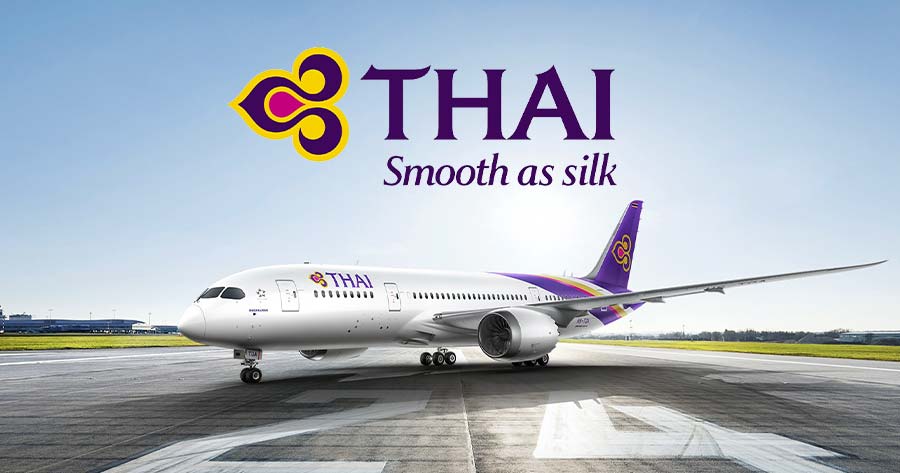The Board of Directors of Thai Airways International Public Company Limited (SET: THAI) has rejected a proposed aircraft lease plan worth over THB 13 billion, ordering management to conduct a complete review and revision of the proposal, according to the source close to the matter.
The move underscores the Board’s intent to ensure that any new investment delivers optimal returns without creating long-term financial burdens, particularly as the airline has only recently emerged from its business rehabilitation process. The Board also instructed management to engage professional consultants to provide expert input on the revised fleet strategy.
While the decision is unlikely to have an immediate operational impact, it could lead to a clear shortage of aircraft by late 2026–2027, as certain models are scheduled for retirement. In the meantime, THAI is focusing on restructuring flight routes to maximize the efficiency of its existing fleet.
The need for new aircraft is urgent, with CEO Mr. Chai Eamsiri confirming that nine aircraft are slated for decommissioning this year. The retired planes were originally set to be replaced by three Boeing 777-300ERs and six Boeing 787-9s under the proposed lease plan. However, negotiations stalled after lessors reportedly signed deals with other airlines offering more competitive terms, forcing THAI to seek new partners.
Mr. Chai acknowledged that the delay could directly affect the airline’s network strategy, which relies on connecting long-haul routes with regional routes using wide-body aircraft. A prolonged shortage of these aircraft types may compel THAI to adjust toward a point-to-point model—a segment typically dominated by low-cost carriers and not aligned with THAI’s full-service positioning.
Despite the near-term challenges, the Board’s decision to overhaul the lease plan could yield long-term strategic benefits, allowing THAI to adopt a more flexible and financially sound fleet management approach amid the industry’s gradual recovery.
As part of its broader post-rehabilitation restructuring, THAI is also reinforcing its governance and oversight mechanisms. The company has established three specialized audit committees to strengthen transparency and efficiency: the Procurement Audit Committee, the Technical Operations Audit Committee, and the IT Investment Evaluation Committee.
Meanwhile, the selection of a new Board of Directors is entering its final phase. From a shortlist of approximately 16 candidates, eight finalists are expected to be presented to the Board on November 6, reflecting THAI’s commitment to appointing top-tier professionals capable of steering the airline through its next phase of growth.





